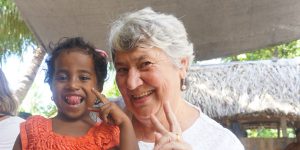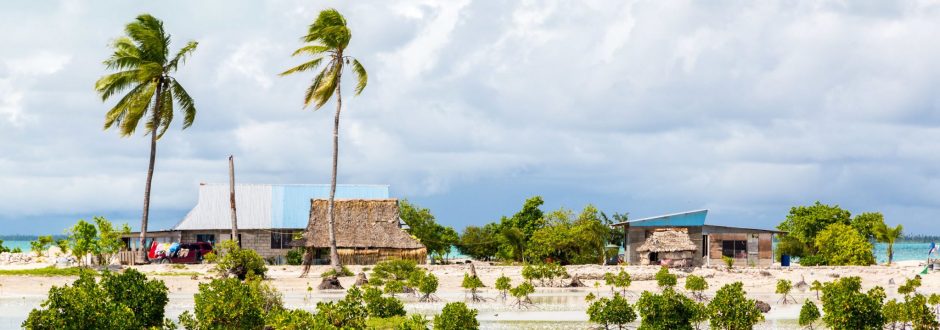Australia’s Federal Government is being urged to extend a vital safety net to everyone living in the community, regardless of their visa status, during the COVID-19 pandemic. At present, there are approximately 1.1 million temporary visa workers who are ineligible for assistance.
Australia has one of the highest temporary worker migration rates of any of the world’s democracies – between 8-10% of the labour force. These workers are employed throughout our economy and industry including hospitality, agriculture, health and aged care services that rely on their labour participation.
The Federal Government is urging temporary workers who are not able to support themselves to go home. In response, more than 120 faith, union, business, civil society and migrant organisations have united to call for changes to the $130 billion JobKeeper program.
The National Council of Churches in Australia, Migration Council of Australia, the Federation of Ethnic Community Councils of Australia, peak welfare body ACOSS and union peak body the ACTU took out full-page advertisements in Australian newspapers on April 7, 2020.
The group called on the Prime Minister, Scott Morrison, to show leadership and help migrant workers. “We cannot say we are proud of our cultural diversity if we leave people behind in times of peril,” the ad said. “Without a safety net, many migrants who contribute to our society will be trapped in Australia and living in poverty. This is wrong.”

Geraldine Kearney SGS in Kiribati. Image: Sisters of the Good Samaritan.
Affected workers are from countries such as Kiribati, where migration is a running thread through much of the country’s history. Australia has benefitted from i-Kiribati men and women who have filled labour shortages. The economies of many Pacific countries derive much-needed income from their migrant workers.
Many people on temporary visas and who have lost work are not able to go home because there are travel bans in place that prevent them returning or they can’t afford airfares. Some workers are from countries, like Kiribati, that have yet to report a case of the virus.
Pacific islands are more at risk than most countries from the spread of the coronavirus. Having multiple small islands with vast distances in between can make infectious diseases easy to spread but hard to treat. Health care systems are also far less equipped to deal with an epidemic, with limited resources and facilities.
Good Samaritan Sister Geraldine Kearney was a member of the Good Samaritan Formation Team and taught at the Kiribati Pastoral Institute for almost five years between 2000 and 2005. Since her return to Australia she has been actively involved in Pacific Calling Partnership, taking delegations to Kiribati and the United Nations Framework Convention on Climate Change.
Until recently she has visited the Pacific Island nation regularly. At present there are six I-Kiribati Good Samaritan sisters living in two communities in Kiribati, and three I-Kiribati novices in formation in Australia.
Now as an active member of Pacific Climate Watch: Inter-congregational Voice on Climate Change, Geraldine said many families depended on being able to obtain work in countries like Australia. “In addition to the loss of vital income, they will also lose opportunities to build much-needed skills and experience. If their families back home have been impacted by the coronavirus, they might not be in a position to help them.
“Moreover, these migrant workers have contributed much to the Australian economy as part of an important labour force. It seems most un-neighbourly now in this unprecedented time, for the Australian Government to ignore the contribution of our Pacific neighbours and send them home.
“This small Island nation already struggles with overcrowded housing, and an inadequate health infrastructure that is trying to meet the challenges of normal illness and a high level of diabetes and heart disease. Sending migrant workers home is not a ‘fair go’, especially for those in our ‘Pacific Islands extended family’. (Biketawa Declaration: 2000)”
